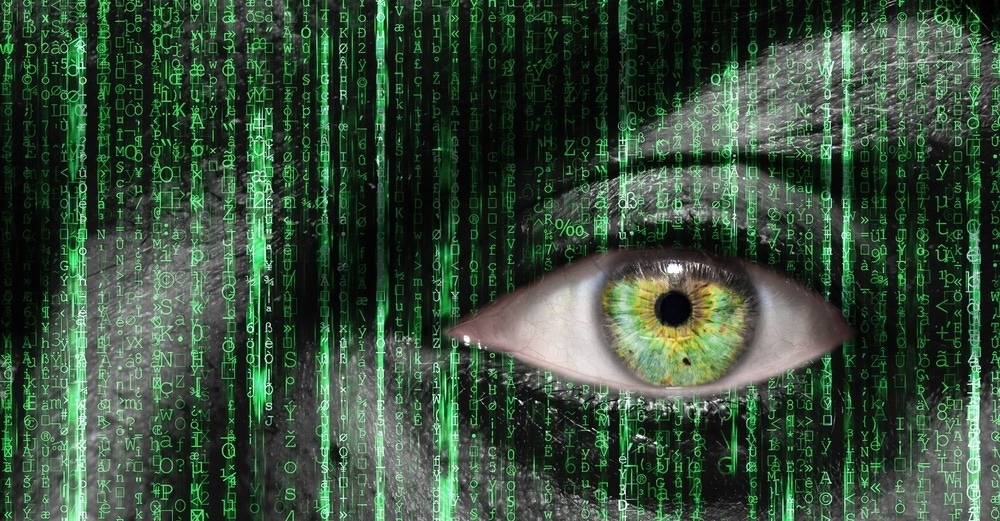Silicon Valley’s snoopiness starts paying off, but that doesn’t make it right
The intrusive nature and all-knowing nature of the internet giants is still a significant risk to privacy rights, but in the battle against coronavirus, it might turn out to be quite useful.
April 5, 2020

The intrusive nature and all-knowing nature of the internet giants is still a significant risk to privacy rights, but in the battle against coronavirus, it might turn out to be quite useful.
This is the precarious equation the powers of today have to balance; insight without compromising the privacy principles which govern the digital economy. Over the years, internet companies have been known to push the definition of reasonable when it comes to personal privacy, but the authorities will have to tread this line now.
As it is in every facet of our lives, information and insight is power. The data analytics machines which power the digital economy are the very tools which will enable authorities to limit the spread and impact of this pandemic. It might seem like the world is losing the battle against COVID-19, but there are initiatives in place to ensure the negatives are kept as small as possible.
Google has started sharing graphs to illustrate how much the coronavirus outbreak is influencing our day-to-day activities. The data suggests lockdowns are forcing social distancing practices onto us, though whether these trends continue as the weather starts to become nicer remains to be seen.
Elsewhere, a group of 40 health researchers from various universities in the US, are using Facebook location data to learn more about the spread of the virus and made predictions as to how it might spread over the coming days and weeks.
Other initiatives are making use of apps and the Bluetooth technologies present in almost every device to understand who has been in close proximity with whom, and for how long. Walking past someone in the street wouldn’t register as contact, but a sustained period of contact could be defined as desired.
If enough people download the applications and update it should they be diagnosed with COVID-19, authorities would be able to build a register of those who could have been exposed to the virus.
All of these projects are useful in combatting the disease, but we should be careful it does not normalise the snoopiness of Silicon Valley. Attitudes towards privacy have often be short of par in the ranks of the internet giants, some might even say dismissive, leading to a number of scandals. Silicon Valley has shown it cares little for the privacy rights of consumers, irrelevant to want the brushed and preened executives might say.
However, the risk is that because this snoopiness is being used for good in the fight against COVID-19, the negative consequences are hidden. Some might even see the Nanny State in a more positive light.
Privacy is a standard and a right which should not be diluted. The intrusive nature of the digital economy should not be forgotten, neither should the risk of abuse. The internet giants has proven time and time again they are not trustworthy enough to self-regulate this sensitive part of the digital economy; the positive impact should not outweigh the ambitions of greedy and selfish Silicon Valley executives.
Just because the ability of Silicon Valley to spy on use is being used for good today, does not make it a good thing. The push back against the likes of the untrustworthy Google and Facebook should to maintain privacy rights.
About the Author
You May Also Like












_1.jpg?width=300&auto=webp&quality=80&disable=upscale)
